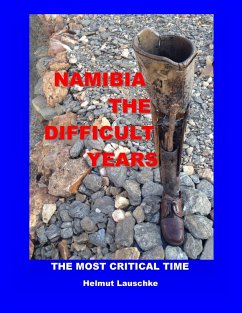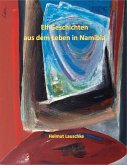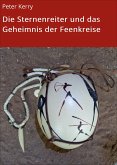Heavy mortars started shooting hard volleys from the camp with ear-splitting noises. The theatre room was shaking and the instruments jingled on the instrument table after each round. "That is really like war", Lizette said when the impacts were heard not far away. The twitch of fear flickered over her pale face. I did not think otherwise when I said that shootings at this time were rather normal, but that one would get used to it. "But these are bad news", Lizette replied and I agreed silently. The operation was finished and the bandages were put on. The patient was lifted onto the trolley and carried to the recovery room. I thanked the staff for its cooperation. The doctors left the theatre room for the small tea room when a missile whizzed so close over the corrugated roof that the whole theatre building was shaking. The asbestos boards in the ceiling creaked and crunched and the windows rattled. The toilet door slapped against the wall and the exit door banged into the lock. The nurses ran nervously in the corridor up and down, while I thought of the last decisive battle when much was at stake for the whites. These were the words of the brigadier he said in a morning meeting. Regarding the final stage he brought the allegory with the volcano that could erupt at any time. It became clearer with each day that the white painted and white blinded apartheid had reached its brink. We changed the clothes and left the theatre building. The face of Lizette was pale, since the missile had 'whizzed' deep into her mind. We parted at the back entrance to the outpatient department. Lizette had not finished the sentence in which she mentioned the word 'future'. I went to consulting room 4 to see some patients before lunchtime. The waiting benches were fully packed. The reader is confronted with the various aspects of the work performance under compromised and often critical conditions, and with the various conflicts between the truth and the temptations of untruth. Responsibility and strength are needed to overcome the weaknesses of prejudice, disrespect, and opportunism from where the evils of unsocial behaviours come like dishonesty, arrogance, irresponsibility and corruption which lead to discrimination and inhumanity. The story gives insight into the conflicts caused by psychological and physical sufferings in regard to poverty and starvation on one side and ignorance and apathy on the other side. The story presents the lives and devotion of a few doctors who are doing their work at the hospital under war conditions with the permanently overcrowded wards up to their physical exhaustion. The presentation goes about learning to understand the needs of innocent and helpless people and to understand the life and medical challenges regarding commitment, discipline and in bringing the maximum achievements under the most difficult circumstances.
Dieser Download kann aus rechtlichen Gründen nur mit Rechnungsadresse in A, B, BG, CY, CZ, D, DK, EW, E, FIN, F, GR, H, IRL, I, LT, L, LR, M, NL, PL, P, R, S, SLO, SK ausgeliefert werden.









